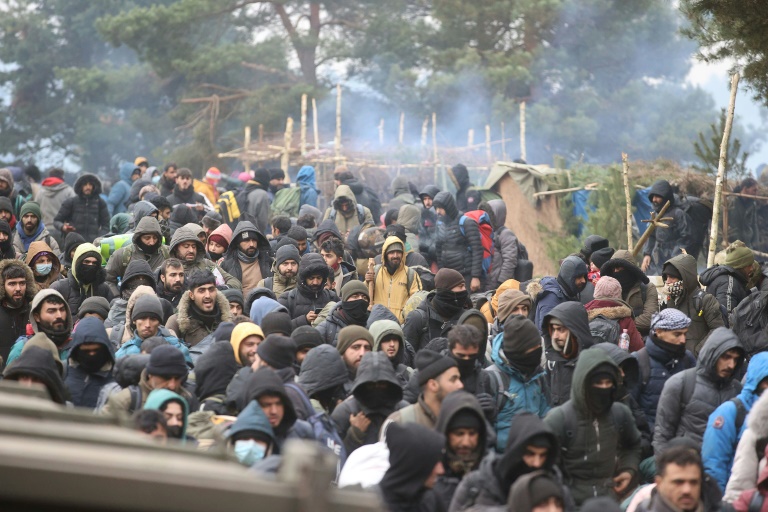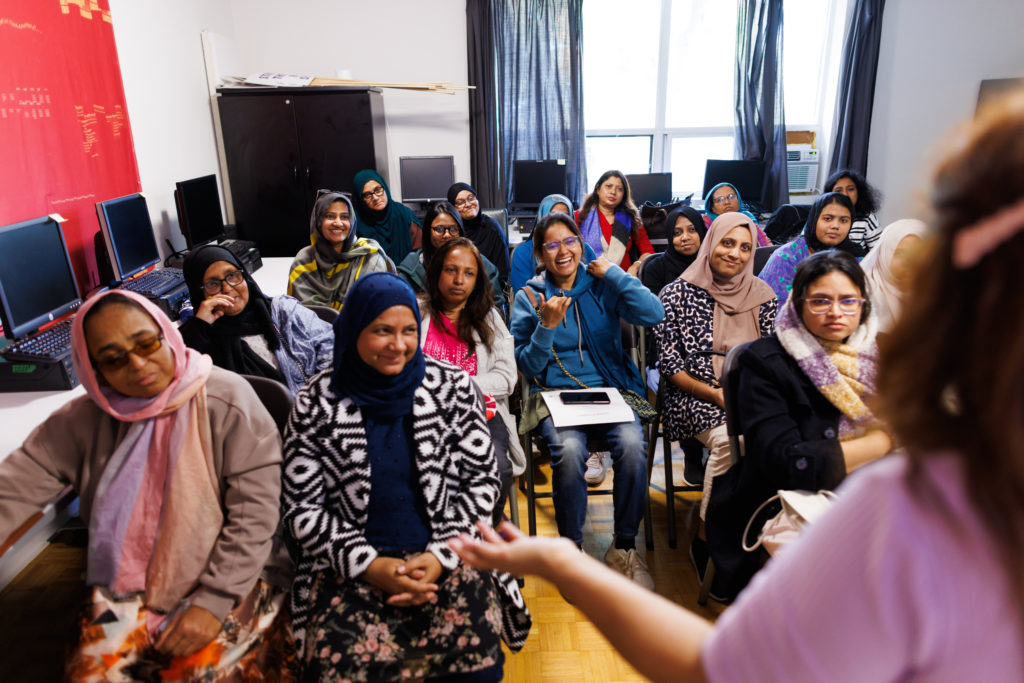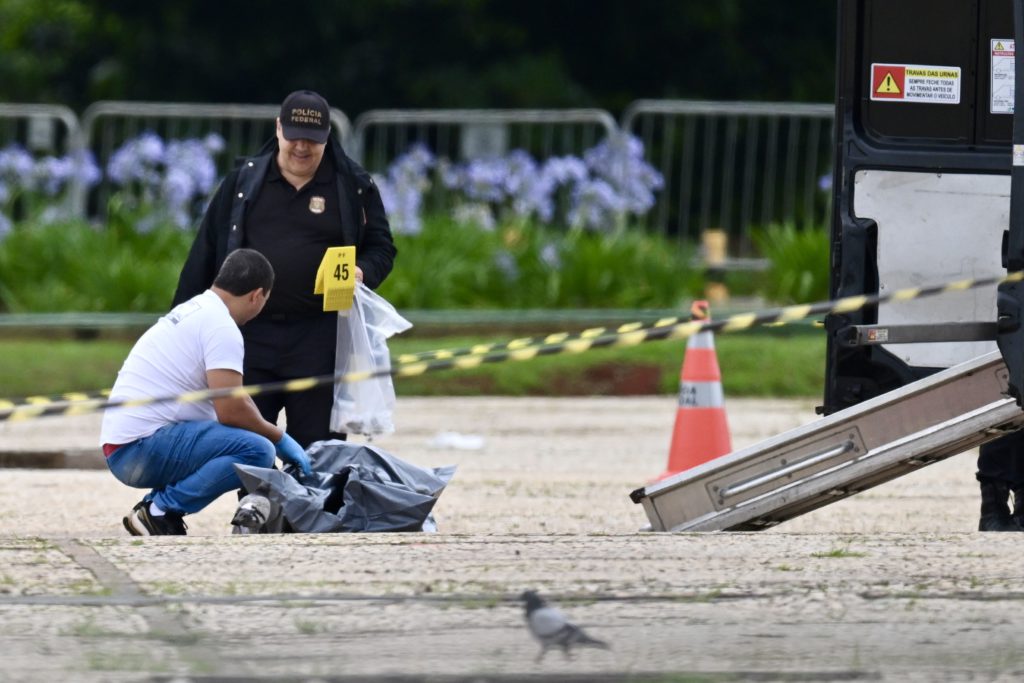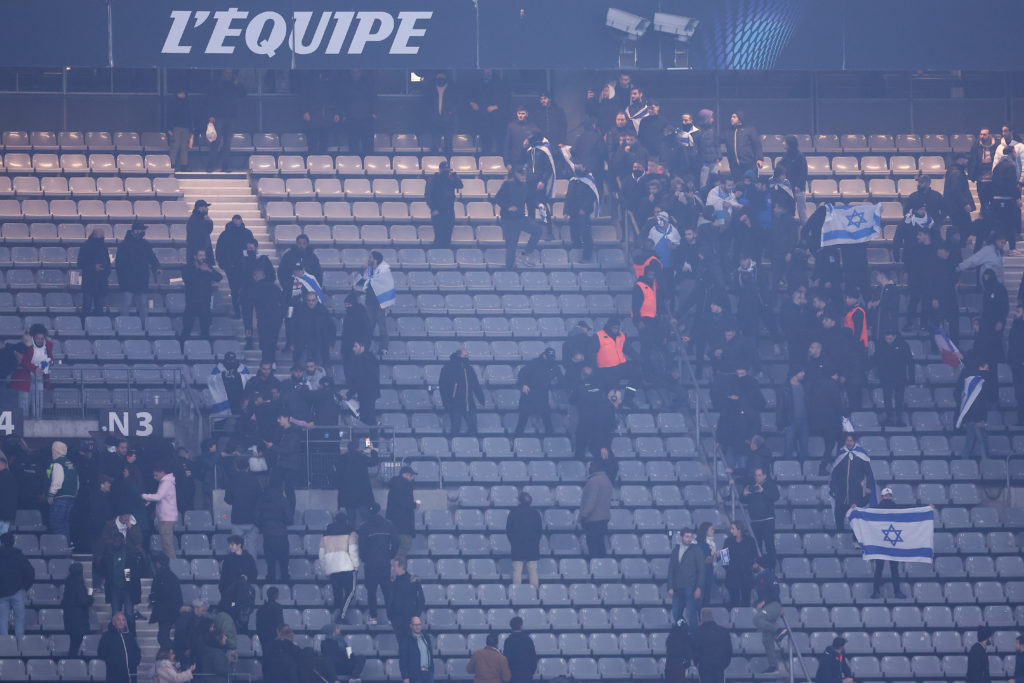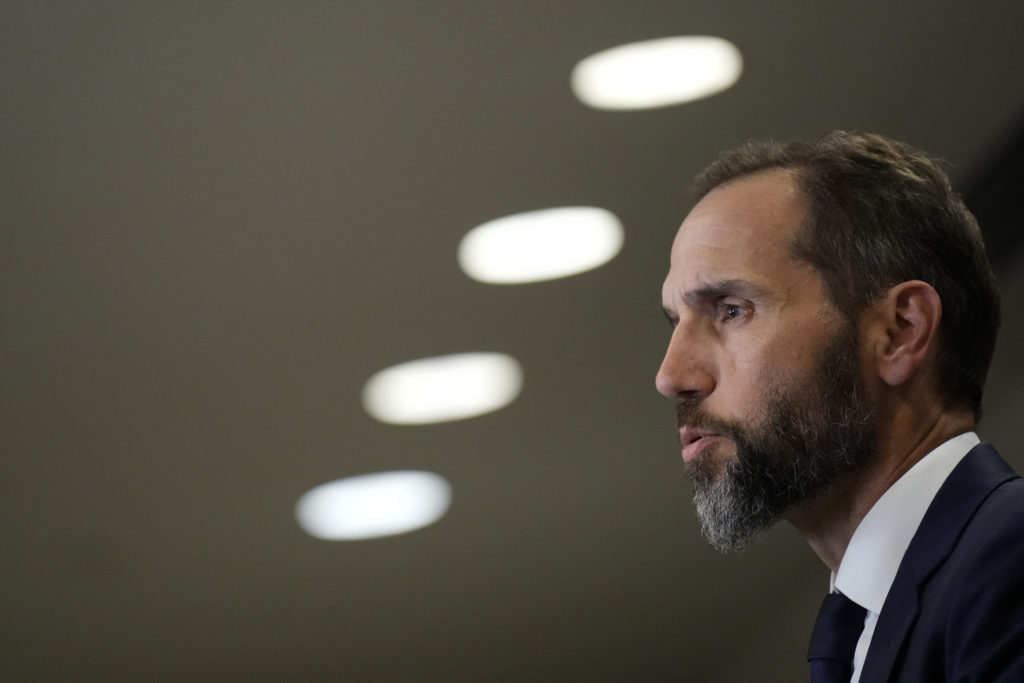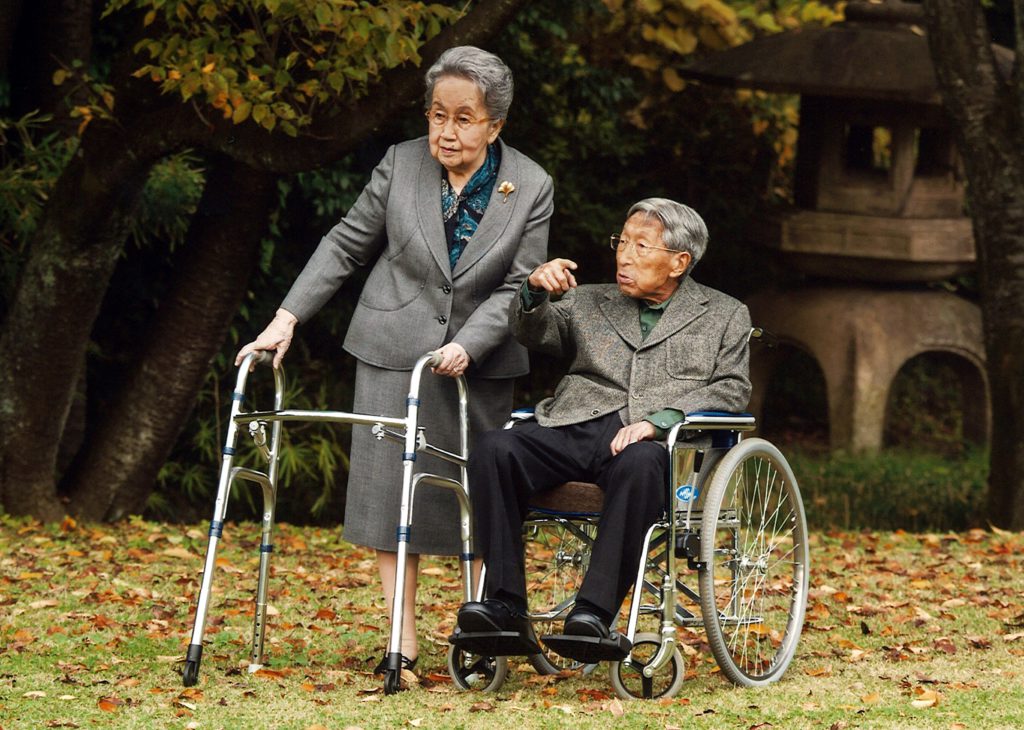Aryan Wali Zellmi, a 25-year-old Iraqi Kurd, had tried twice to enter the European Union through Belarus. This time, he got stuck on the freezing border with Poland, joining hundreds in a crisis that the EU blames on Minsk.
Zellmi is one of between 2,000 and 3,000 migrants — mostly from Iraqi Kurdistan, but also from other volatile Middle Eastern countries like Syria — who have camped at the forested Polish border for a week.
With many young children and women among them, the migrants have slept in sub-zero temperatures in a makeshift camp, hoping to be let into the European Union.
A barbed wire fence separates them from the Polish army, which has not let them through and created an emergency zone along its border.
Sandwiching them from the other side are Belarusian border guards.
“We are here waiting between Polish and Belarusian security. They don’t let us move anywhere,” Zellmi told AFP.
He spoke by phone, as many Western media, including AFP, have been barred from working in the authoritarian country since mass anti-government protests last year.
Poland, meanwhile, has banned media from working in its emergency zone.
Speaking anonymously, the relatives of several migrants told AFP that men at the camp had been encouraged by the Belarusian side to damage the border’s barbed wire and told to try to cross it.
– Affordable and easy visas –
Poland, which says strongman Alexander Lukashenko’s regime purposely lured and massed migrants on the border, has accused Belarusian border guards of provocations. Minsk denies this.
Brussels says Belarus handed tourist visas to migrants to engineer a crisis and has moved to sanction Belarusian travel agencies and the state airline.
Iraqis who spoke to AFP said many chose this route to get to the EU because it had become affordable and easy to get a Belarus tourist visa.
Back home in the Halabja province in northern Iraq, cafe owner Zellmi had paid around $5,000 (4,400 euros) for his visa.
He then travelled to the capital Baghdad, before getting on a plane to Dubai and then on to Minsk.
From the Belarusian capital, he joined hundreds of others going to the Polish border.
Zellmi had attempted to reach the EU using the same route a month earlier, but he was sent back to Iraq at Minsk airport, where officials said his visa was faulty.
This month, he tried again, and made it to the EU’s doorstep.
Another man, a 28-year-old from Iraq’s Anbar province, said he had taken a taxi from Minsk to the border.
From there, he “walked in the woods” using GPS and “tips from other Iraqis that came here before us.”
Several migrants said Belarusian authorities had struggled to feed people, with some saying only women and children received food in the last three days.
– ‘No way we’re going back’ –
Images published by Belarusian state media showed young infants among those camped at the border, where winter is fast approaching.
One man from Sulaymaniyah, a city on Iraq’s border with Iran, was at the camp with his wife and three children.
He has a six-month-old baby, an eight-year-old son with both his legs amputated as well as a teenage son.
“I wish to go to any country that would accept taking my kids,” the former truck driver said by phone.
“We are all very tired and sick.”
Polish activists told AFP they were in touch with a family who had a young toddler. His relatives in Iraqi Kurdistan said he spent the nights in a freezing sleeping bag, and sent photos of him sat at the border’s pine trees.
Iraq on Monday said it would organise repatriation flights for its citizens stuck on the border on a “voluntary” basis.
But many migrants vowed not to return.
“No way we are going back,” said Bahadeen Muhsin Qader by phone, an English-speaking Iraqi Kurd who has designated himself as a spokesman for the migrants.
He said he had lived in the UK for several years before going back to his native Iraq in 2009.
“Tell Iraq to make life better, then people will go back,” he said.

